News
Exhibition of the winners of the 3rd edition of the 1% art market prize
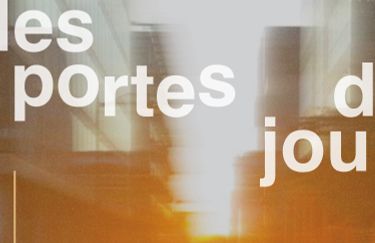
The five winning works from the City of Paris and Crédit Municipal de Paris support scheme for artistic creation will be exhibited in the Orangerie of the Musée Carnavalet. | History of Parisand in the garden of the Musée Cognacq-Jay | Le goût du XVIIIe, from October1 to 23.
The exhibition Les portes du jour will be inaugurated as part of Nuit Blanche 2022.
Curated by Anne Dressen, curator at the Musée d'Art Moderne in Paris.
Each year, the 1% art market prize supports the production of 3 to 5 original works of art, each receiving a grant of up to €20,000.
"An exhibition is always a dialogue: between the works, the artists and the people who organize it. Contemporary art questions, provokes, seduces or disturbs: it asks more questions than it answers.
The exhibition Les portes du jour is conceived as an open-ended scenario, a script with no imposed denouement, allowing us to apprehend time and space in a different way.
Deployed on two historic sites, the Carnavalet and Cognacq-Jay museums, the five contemporary works awarded the 1% art market prize share a common acuity for reflecting on the present, equidistant from utopia and dystopia.
Different temporalities and realities coexist within the exhibition - imaginary, material, interior, exterior, local, global. Since the dawn of time, artists have been attentive mediums and sensitive witnesses who, deciphering the world's mutations, help us make our way into the invisible."
Anne Dressen
Discover the 5 winning artists:
Renaud Auguste-Dormeuil

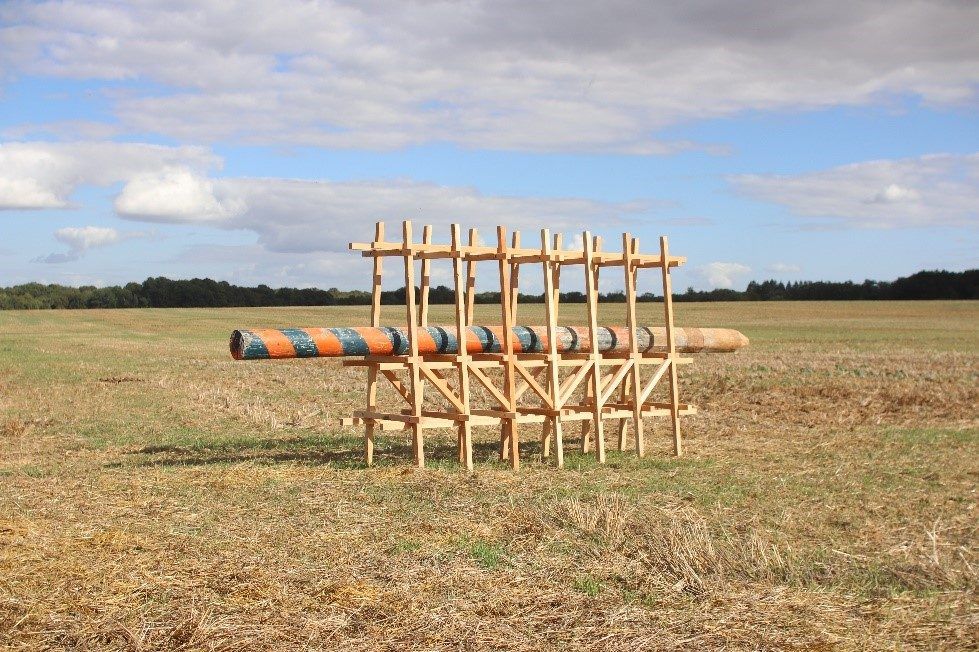
Renaud Auguste-Dormeuil / Se mi vedi, piangi / If you see me, weep, 2022, © Renaud Auguste-Dormeuil
Born in 1968 and living in Paris, Renaud Auguste-Dormeuil has been questioning the making of images in their public and political context since the mid-1990s.
Installed in the garden of the Musée Cognacq-Jay, Se mi vedi, piangi by Renaud Auguste-Dormeuil, announces, with a palina - that Venetian mooring stake as if stranded in the lagoon - an apocalypse that we still hope to avoid.
Katinka Bock
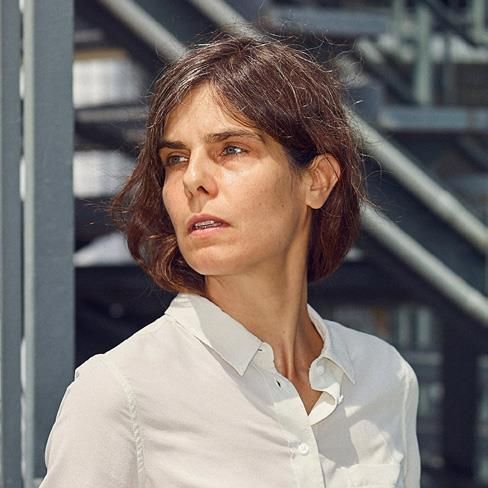
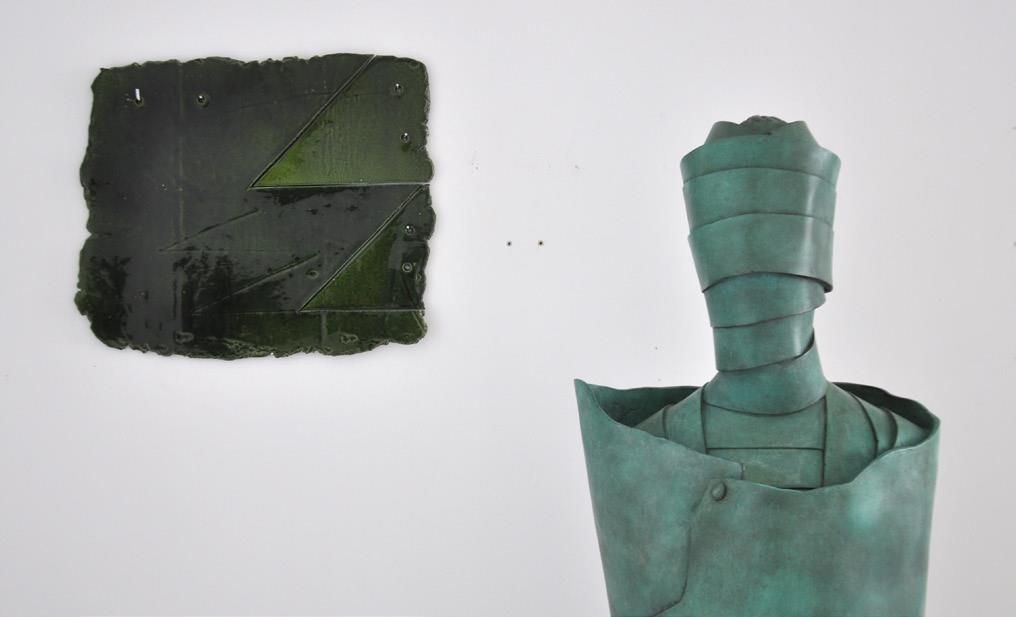
Katinka Bock, © Manuel Braun / Amnesia, 2022, © Katinka Bock
Katinka Bock, born in Frankfurt in 1976 and living and working in Paris, offers a discursive approach to sculpture, photography and language. Form is often the result of a process in which the rational and irrational meet and coexist.
A timeless, mythological and futuristic warrior, Amnésie reflects on equestrian statuary, revisited in a depersonalized feminine version.
Isabelle Cornaro
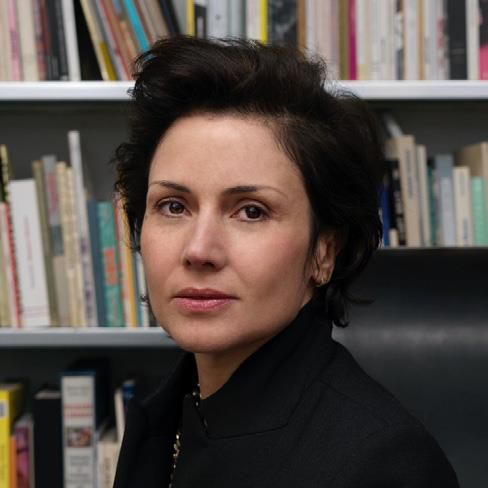
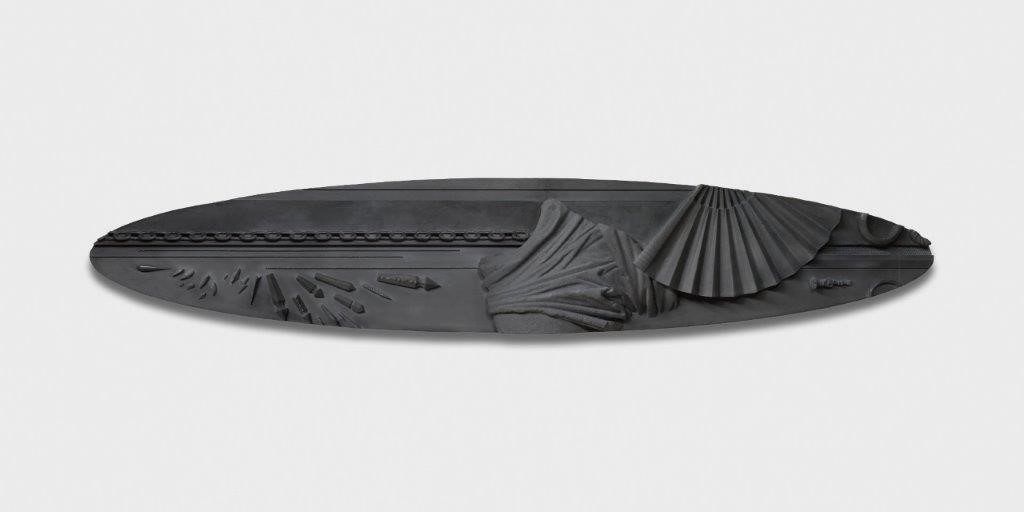
Isabelle Cornaro, © Annick Wetter / Séquences (IV), © Annick Wetter
Born in Aurillac in 1974 and living between Paris and Geneva, Isabelle Cornaro initially studied art history. Her works draw on references ranging from the Baroque to modernist abstraction.
Isabelle Cornaro petrifies objects that are both cultural and industrial, within a meaningful monochrome horizontality. Séquences (IV) bears witness to formerly hierarchical production, borrowed from domestic, decorative or functional contexts.
Ariane Loze
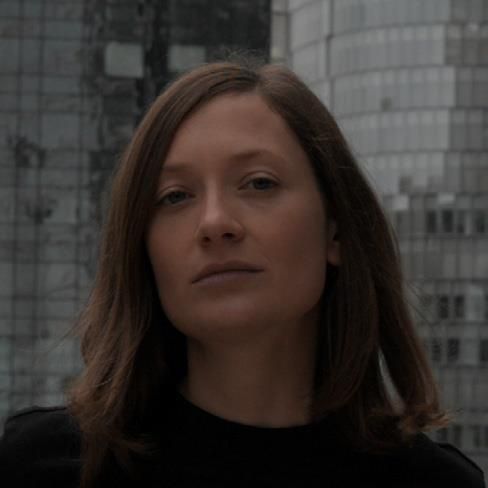
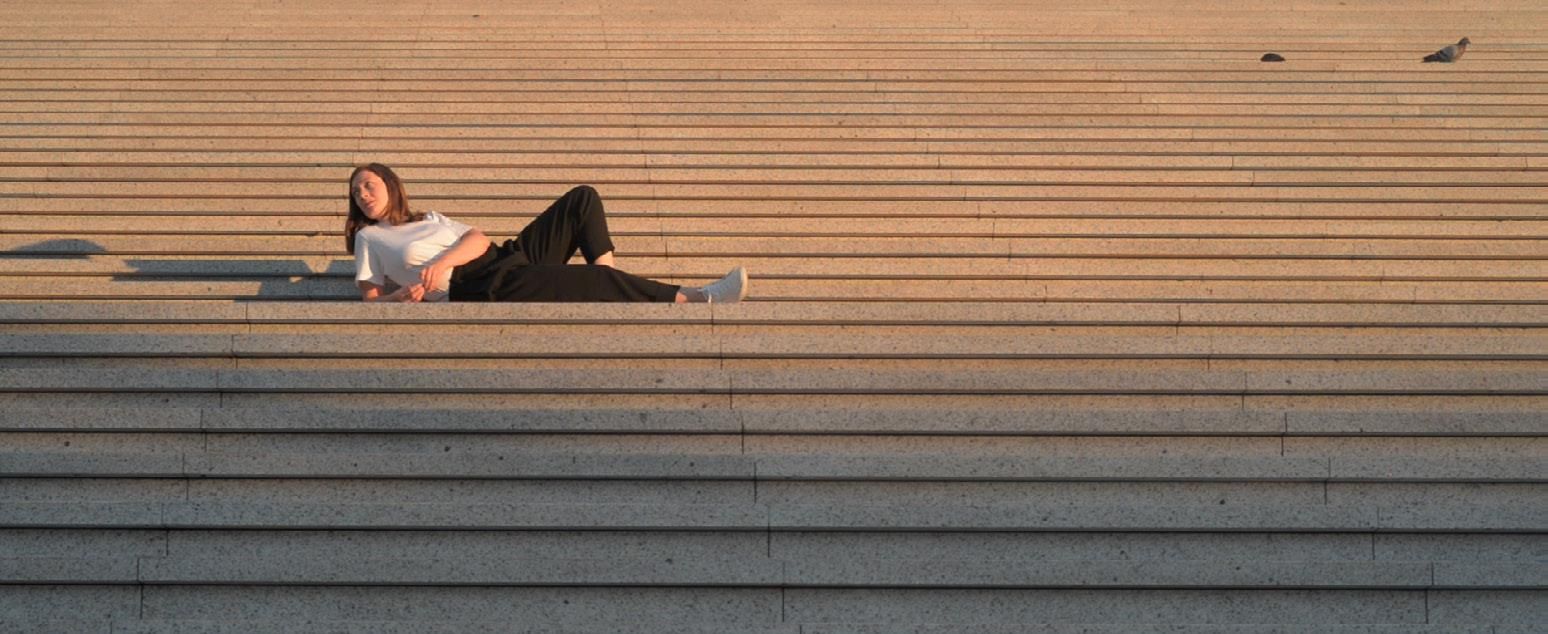
Ariane Loze, © Ariane Loze / If you didn't choose A, you will probably choose B, © Ariane Loze
Ariane Loze, born in Belgium in 1988, lives and works in Brussels. In her video-performances, in which the artist often plays all the roles, she methodically deconstructs the codes of cinema to reduce them to their bare minimum.
If you didn't choose A, you will probably choose B offers an immersion into the metaverse, a comedy projecting a world about to happen. In a deserted Paris, the heroine is constantly analyzed, spied on and lured by algorithms whose artificial intelligence serves mercantile ends.
Marie-Claire Messouma MANLANBIEN

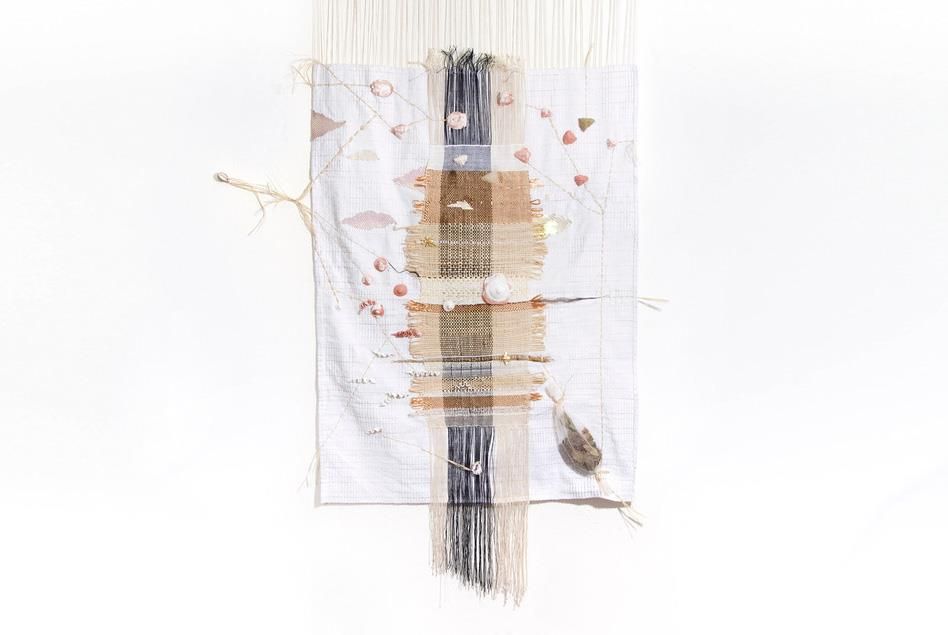
Marie-Claire Messouma MANLANBIEN, © Marie-Claire Messouma MANLANBIEN / Ofi Titi, © Marie-Claire Messouma MANLANBIEN
Born in 1990 in Paris, where she lives and works, Marie-Claire Messouma MANLANBIEN is interested in world cultures, in particular the Creole Caribbean culture of Guadeloupe and the matriarchal Akan culture of Côte d'Ivoire, where she lived for several years.
Woven fabrics and ceramics symbolize entry into parallel realities, and Ofi titi, which in Akan means "from the beginning", questions the role of women and clothing, and bears witness to the creolization of bodies, voices and objects.
Practical info
Musée Carnavalet | History of Paris
Musée Cognacq-Jay | Taste of the 18th century
Access to the exhibition from 9 and 14 rue Payenne
October 1 to 23, 2022
Free admission
Tuesday to Sunday, 10 am to 6 pm
Closed on Monday